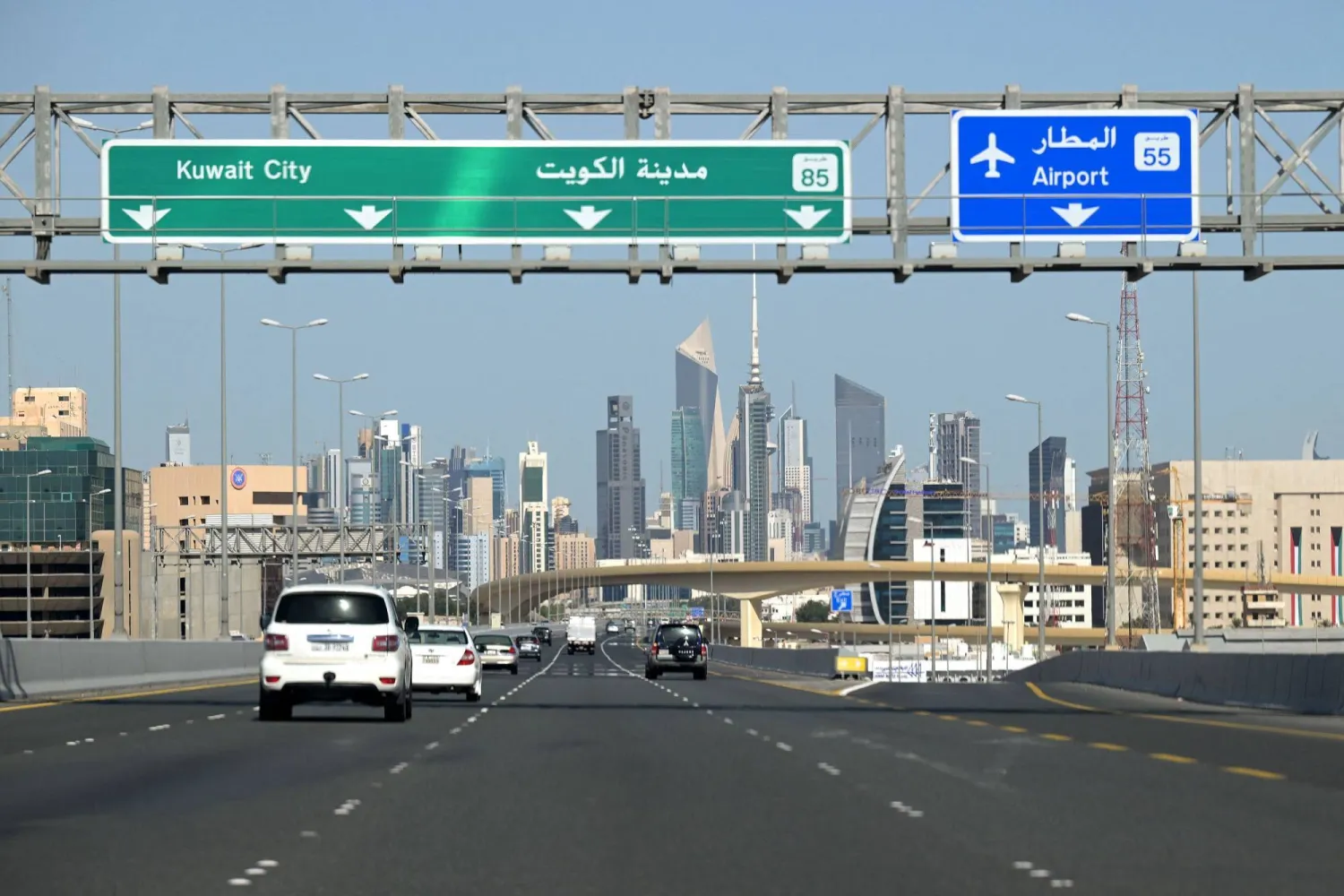Saudi Arabia said early on Friday that it has contributed $100 million to northeast Syria for “stabilization projects” in areas once held by ISIS and now controlled by US-backed forces.
The Saudi Embassy in Washington said the money “will save lives, help facilitate the return of displaced Syrians and help ensure that ISIS cannot reemerge to threaten Syria, its neighbors, or plan attacks against the international community.”
The money will go toward agriculture, education, roadworks, rubble removal and water service for the region, which is now largely held by the US-backed Syrian Democratic Forces.
“This substantial contribution will play a critical role in the coalition’s efforts to revitalize communities, such as Raqqa, that have been devastated by ISIS terrorists,” the embassy said in a statement.
Raqqa was the seat of the ISIS terror group’s self-proclaimed “caliphate” until it was liberated by the US-backed forces last year.
The Saudi Embassy described the $100 million as the largest coalition contribution to date for these liberated areas, as part of the pledge made by Foreign Minister Adel Al-Jubeir during the July 12, 2018 Global Coalition Ministerial Conference in Brussels, hosted by US Secretary of State Mike Pompeo.
The US commended the Kingdom's generous contribution.
The US Department of State said, in a statement, that this important contribution is seen as critical in the efforts to achieve re-stabilization in these areas.
It comes at an important time of the international campaign as the regional control of ISIS has declined to the last of 400 square miles, and some 150,000 displaced people have returned to Raqqa. It added that thanks to the global coalition, the partners on the ground are restoring key services to the population of northeastern Syria.
The statement pointed out that a number of coalition partners have made pledges and contributions in recent months, noting hat Saudi Arabia has been a leading partner in the Global Coalition to Defeat ISIS from the outset.
The Department of State said that Saudi Arabia is a founding partner of the coalition and it hosted the meeting that helped in setting it up in 2014. It added that Saudi Arabia has contributed since then in many ways, including air raids in Syria, and participated in leading the Counter-Terrorism Action Group (CTAG), establishing the Global Center for Combating Extremist Ideology (Etidal), hosting more than 2 million Syrian refugees and providing more than $1 billion in humanitarian aid since the beginning of the Syrian conflict.
The Department of State called on all members of the coalition, regional partners and allies to do their share in this effort, which would help in bringing greater stability and security to the region.









